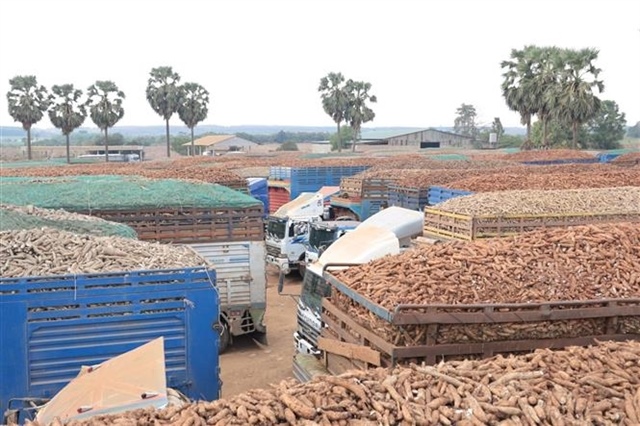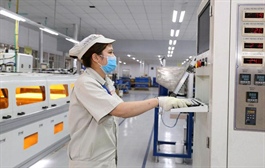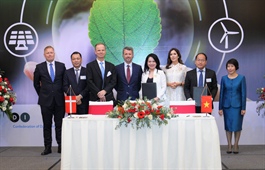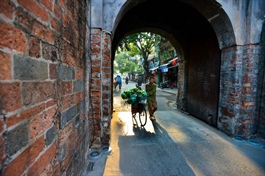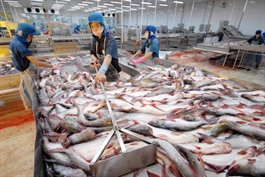Hanoi to develop rural tourism through local products
Hanoi to develop rural tourism through local products
The new places are expected to become eco-tourism destinations providing local special products.
Hanoi plans to build five creative design centers by the end of 2023 to sell unique local products and promote handicraft villages associated with tourism in some key areas.
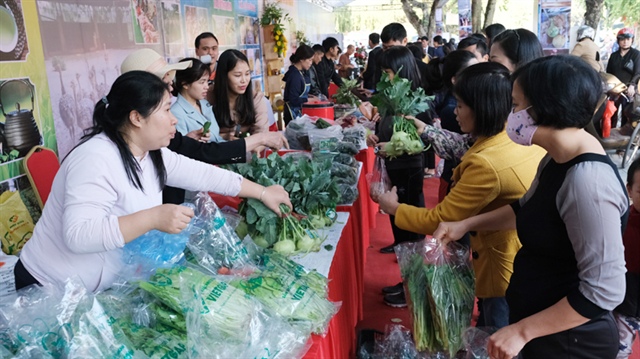
Local customers attend an OCOP promotion fair in Hanoi. Photo: Cong Hung/ The Hanoi Times |
It is part of the action plan to develop the city’s One Commune One Product (OCOP) program in the 2021-2025 period.
The centers will be located in Bat Trang (Gia Lam District), Duyen Thai (Thuong Tin District), Chuyen My (Phu Xuyen District), Phu Vinh (Chuong My District), and Duong Lam (Son Tay Town).
In 2024 and 2025, each of the remaining districts will strive to develop at least one OCOP promotion center, which will host numerous activities to support the design, promotion, and sale of products to rural industrial establishments, production and business entities, and commercial villages. This will contribute to restructuring the rural economy.
Additionally, the program will foster relationships between traditional artisan communities, groups of young designers, research institutions, universities focusing on design, and international organizations to advance the growth of the local economy collaboratively.
Hanoi has developed 55 showrooms to promote OCOP products associated with craft villages and rural tourism.
The city government asked the district and village authorities to encourage businesses in industry, handicrafts, and community-based agri-tourism to join the OCOP program.
The city currently has 1,500 OCOP products rated three stars or higher, including four products with the highest rating of five stars. Some 17 potential candidate products for the five-star rating are pending evaluation by the National Council of OCOP.
OCOP is also part of the city's main items in promoting local agri-food and tourism. After its expansion in 2008, Hanoi's rural area has been expanded to 192,000ha, which is suitable for developing OCOP. Currently, two third of the city's population live in rural areas.






